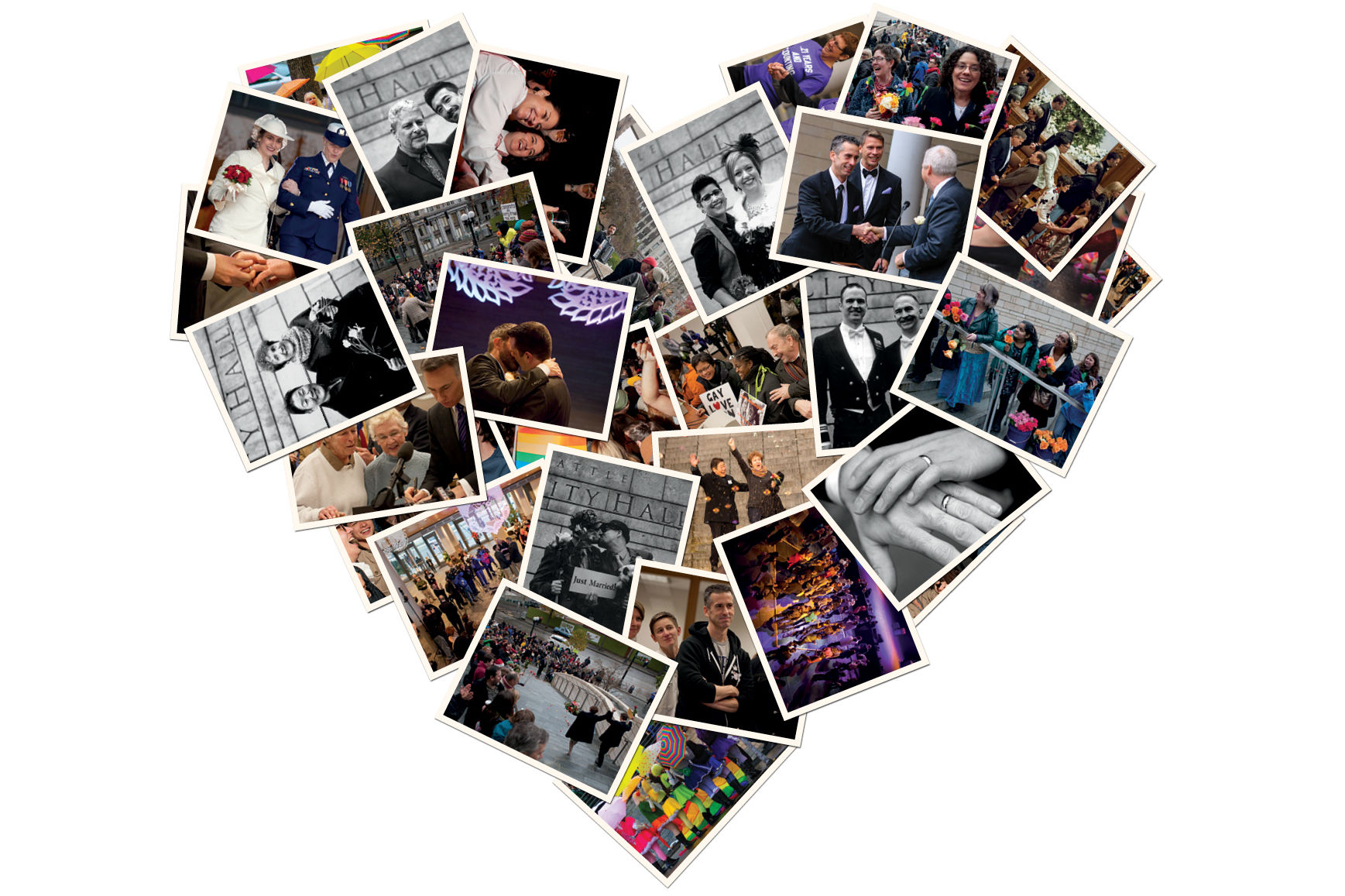Wednesday Video: Speaking Out Against the Coal Trains
While Moon’s speech wasn't as polished as McGinn's or Carlyle's, her sweeping vision for reclaiming the waterfront, juxtaposed with the numbers and data about the impacts of the coal train proposal, was an advocacy bullseye.
Her sweeping vision for reclaiming the waterfront, juxtaposed with the numbers and data about the impacts of the coal train proposal, was an advocacy bullseye. “Instead of clean and quiet air,” Moon warned, “we would have to deal with up to 500 to 1,200 pounds of coal dust in our city every week.”
That’s as much as 30 tons of coal dust settling on Seattle every year from nine to 18 1.5-mile long trains running through Seattle each day.
In her populist defense of "public land for public use," Moon urged the rally to contact specific legislators and continue their fight against the "dirty, noisy, unhealthy blight."
Watch it:
We asked Moon, once a prominent figure in Seattle's waterfront battles who has recently kept a low profile, about her involvement with the Leadership Alliance Against Coal. While Moon said she's not directly involved in the campaign right now, she plans to stay active as their efforts progress.
The Sierra Club reached out to Moon to speak at the rally, but her main focus is on the waterfront, she says. "I've been involved in the waterfront for over seven years now, and will continue to be. She still heads up the People's Waterfront Coalition, the group she founded nearly 10 years ago to advocate for a surface-transit option on the waterfront, and works as a landscape and urban designer.
Of course, waterfront redevelopment is now happening as part of the deep-bore tunnel project instead of the urban and green-friendly surface-transit option. Asked about her current position on the tunnel, Moon said: "The waterfront is a city of Seattle project, and completely unrelated to the tunnel."
Meanwhile, fans of Rep. Carlyle's animated speaking style weren't disappointed Saturday. Carlyle got into a rhythm railing against the "19th century proposal" to run coal trains through Seattle up to Northwest Washington. Ironically, his speech was pure 19th century itself (think William Jennings Bryan railing against corporatist robber barons).
Carlyle told the crowd that he'd asked three state agencies to quantify the coal proposal's environmental, health, and transportation impacts, but got no response. "It's not okay that they don't know!" he roared.
Meanwhile, in his speech, McGinn idealistically suggested that "we should be exporting ... our green building technology” to China, instead of coal.
McGinn said Seattle is one of "the fastest growing urban ecnomies in the country because we're looking towards the future."



